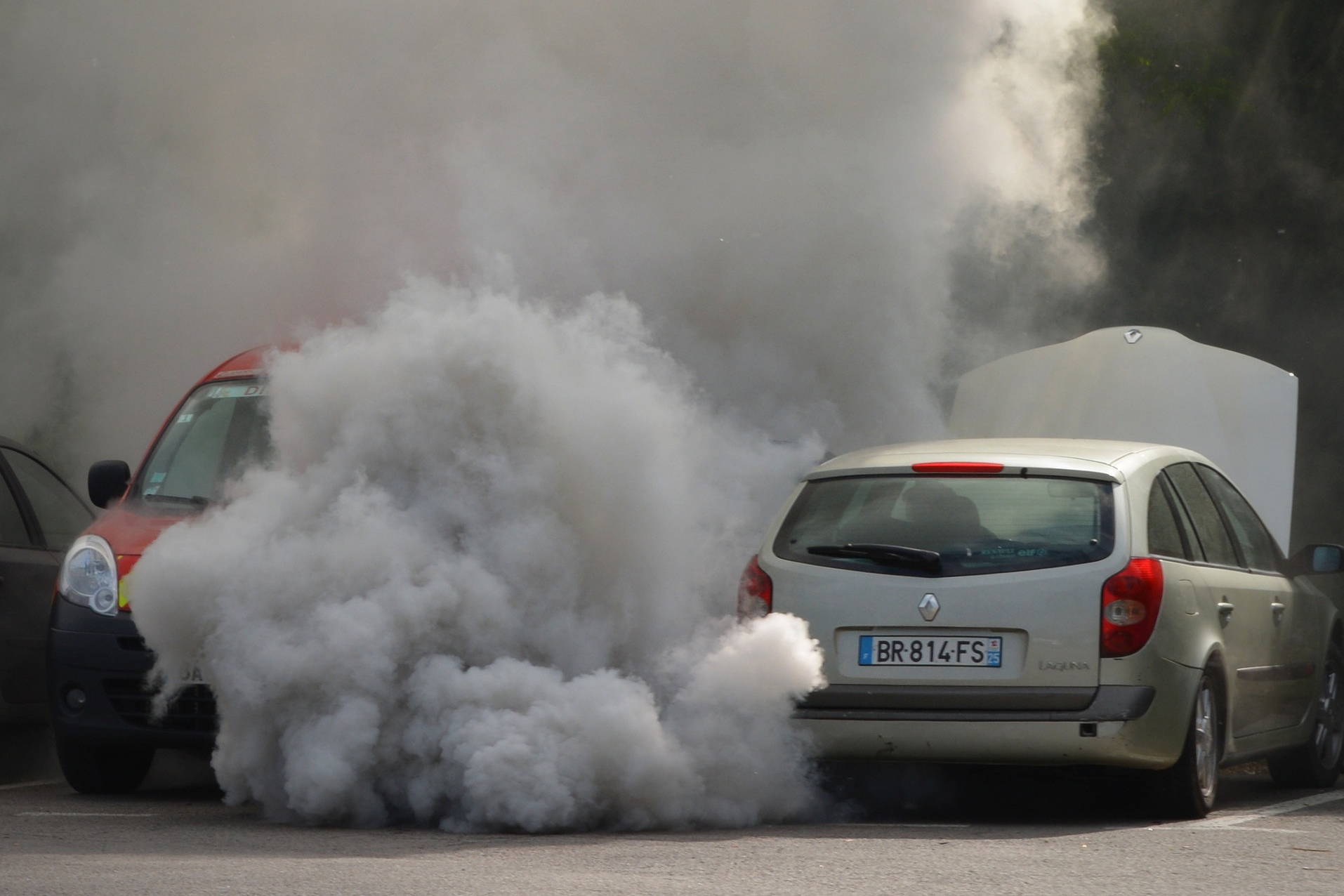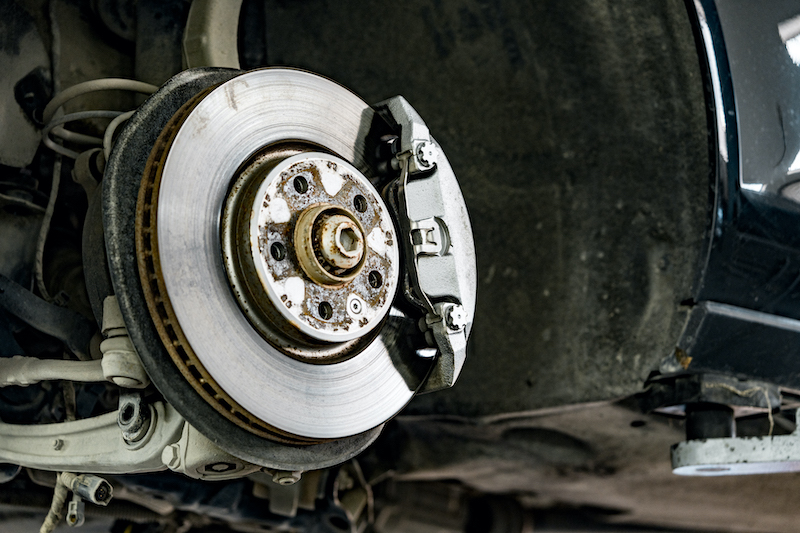How to Find an Exhaust Leak and What to Do About It

Leaks are one of the most commonly occurring problems with car exhaust systems. And they can be an issue for a number of reasons. They’re bad for the environment, usually causing your car to release exhaust gas before it passes through the catalytic converter. They impact your car’s performance, by causing it to burn too little or too much fuel. And, most importantly, they can create a genuine health threat to you and your passengers. So, if you think that your car has an exhaust leak, it’s important to take action. But how do you know where the leak is coming from?
Everything You Need to Know About Exhaust Leaks
How do you know that you have an exhaust leak?
Most of the time, an exhaust leak will be characterised by a rasping sound coming from your exhaust system. And your overall exhaust may be louder. You may notice that your mileage per gallon isn’t as good as it used to be. Your car may experience vibrations. And you may smell exhaust fumes within the car’s cabin.
How to check for an exhaust leak
Due to the way that your vehicle works, you should never try to inspect your car for an exhaust leak when it is running. Quite aside from the fact that you could be exposing yourself to dangerous chemicals, the exhaust system can get extremely hot. So, what should you do?
- Make sure your engine is off and your car has had chance to fully cool.
- Inspect your exhaust system for signs of soot on the exterior. You’ll need a jack to do this. Soot only occurs where gasses are exiting the exhaust. So, if you see soot externally, there’s a good chance that you have a leak in that spot.
If visual checking does not reveal the leak, you can move on to the vacuum test.
- First, you’ll need to equip yourself with a spray bottle of soapy water and a vacuum cleaner.
- Connect the hose of your vacuum to the tailpipe of your exhaust. And turn the vacuum cleaner on.
- Move along your exhaust system, systematically spraying soapy water. Inspecting each area that you spray.
- If you see the soapy water beginning to bubble, this is the source of your exhaust leak.
It is also possible to do this without the water, using auditory clues, or feeling for suction. But this can take considerably longer.
What should you do if you find an exhaust leak?
It’s important never to ignore an exhaust leak. So, once you’ve identified where the leak is occurring, you should either book an appointment with your local mechanic, or order the appropriate part online.
Exhaust leaks are common in older cars. And if your car has an exhaust leak it will not pass its MOT. If a leak goes unfixed, it is not only dangerous, but can go on to cause other problems with your vehicle. So, if you think you’ve got a leak, the only sensible thing to do is to get it fixed.
If you’re looking for low-cost, high-quality exhaust parts for your vehicle, check out Online Automotive.





